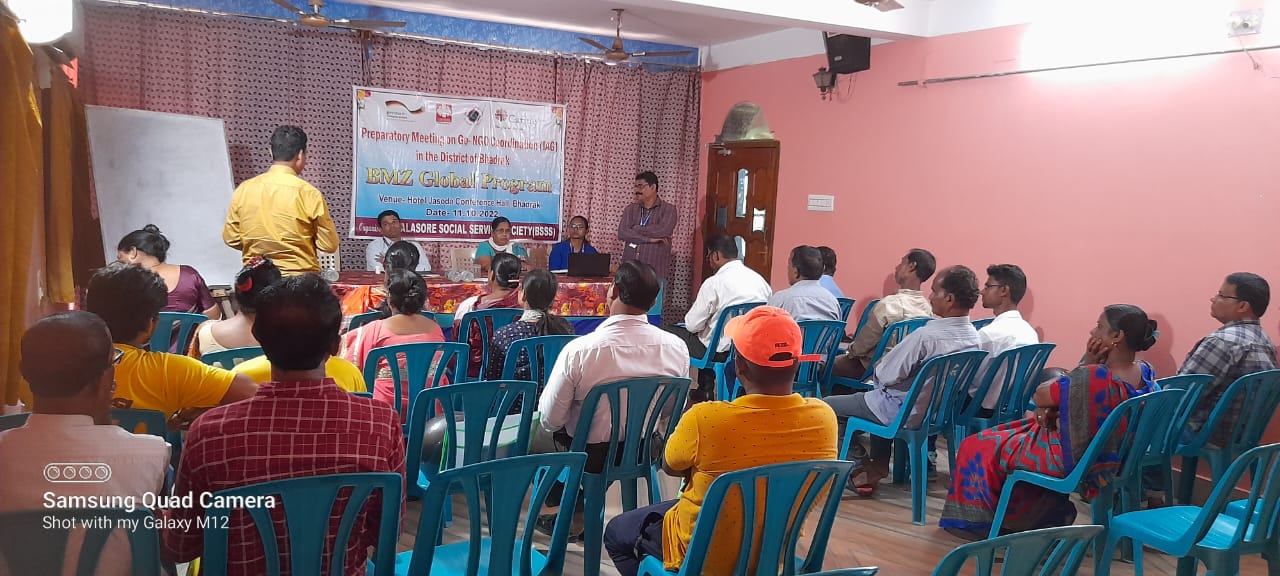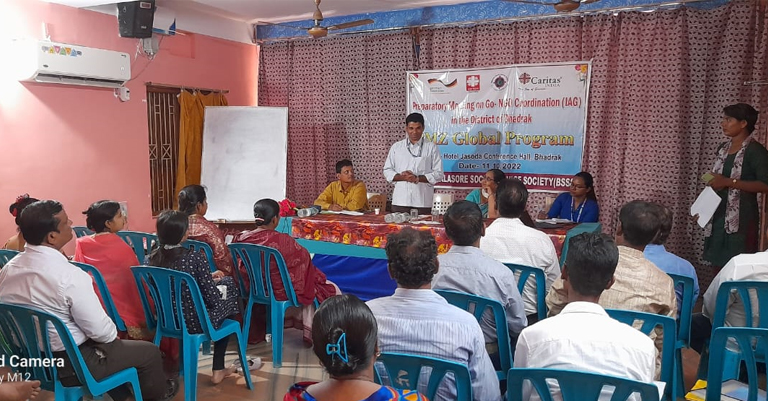In every phase of disaster management, including mitigation, preparedness, response and recovery, non-governmental organisations play a crucial role. The recent developments in natural disasters the role of NGOs have been highlighted as key participants in relief and response operations, particularly when it comes to facilitating coordination and communication between the government and the affected community. NGOs are present at the local level, have close relationships with the communities, and can quickly respond to their needs.
The Disaster Management Act of 2005, outlines the roles and duties of various government agencies and it is state’s primary duty to be ready for disaster response. Humanitarian organisations and NGOs’ role is to support government efforts in assisting communities to cope and effectively recover from disasters. Chapter V of the DM Act of 2005’s 35 (2) states, the Central Government may adopt measures under paragraph (1) concerning all or any of the following matters, in particular, and without limiting the generality of the provisions of that subsection:— a) Coordination of government agencies, state governments, the national authority, governmental agencies, and nongovernmental organisations (NGOs) in connection to disaster management. Non-Governmental Organizations would be encouraged to strengthen the community and raise awareness through their specific institutional structures, according to the National Policy on DM 2009.

In this context, the Balasore Social Service Society (BSSS) convened a GO-NGO Coordination meeting at Bhadrak, Odisha with different NGOs operating in the Bhadrak district and working on the theme of DRR, livelihood, education, health, networking, and dialogue.
Mr Chandrashekhar in this meeting gave a quick overview of the Global Programme India. He also stressed the importance of collaboration among NGOs operating at the district level. The Director of BSSS, Coordinators, and Resource Person, together with Ms Nirupama Mohanty, Secretary of Sevamandir, presided over the meeting.
The first session of the meeting reflected upon the necessity of GO-NGO coordination. The workshop covered the increasing necessity of GO-NGO coordination in each district as working alone prevents from approaching Disaster Risk Reduction holistically. For the NGOs to respond efficiently in crisis and reduce the danger, they must work together as a team and support the local government and community. Everyone agreed in unison that the Inter-Agency Group (IAG) could be helpful even in an emergency. It was advised to work together with the NGOs, learn about each one’s capabilities, and figure out how to get everyone together to make disaster response plans.
The Director shared in the meeting about the challenging role of NGOs and CSOs in difficult-to-reach places but also expressed concern about the lack of coordination. The steering committee gave recommendations to make Go-NGO coordination easier. He also shared the way forward for IAG to continue their activities. He also suggested the modus operandi of organising meetings with the government department and NGOs.
Mr Kalipada Ray presided over the second committee formation session and talked about the task force’s training, which is being organised in every district. Many village residents have already received training, and more are planned. He also advised the Bhadrak district to develop DRR plans tailored to specific villages.
In a discussion led by Ms Nirupama Mohanty, the Secretary of Sevamandir spoke about the need for the NGOs to collaborate closely with the government in its operations. With the support of local authorities, this would aid in their ability to conduct efficient operations. Many problems and solutions to the issue in the field can be tackled by bringing the NGOs together under one platform.
The meeting concluded with the suggestion of forming IAG development and requested BSSS to convene such programmes. A committee was also formed after the meeting with support from the participating organisations. The next meeting is planned for November 4th or 5th, 22. It is proposed to invite the District Agriculture Officer or representatives from KVK to learn about the district’s agriculture plan and how to protect crops from disaster and climate change effects. Personnel from line departments will be invited for the meeting with NGOs on disaster risk reduction concerning agricultural practices in disaster-prone areas. Similar meetings would also be organised, either individually or collectively, with various line departments, such as RWSS and the Health Department.


Leave a Reply